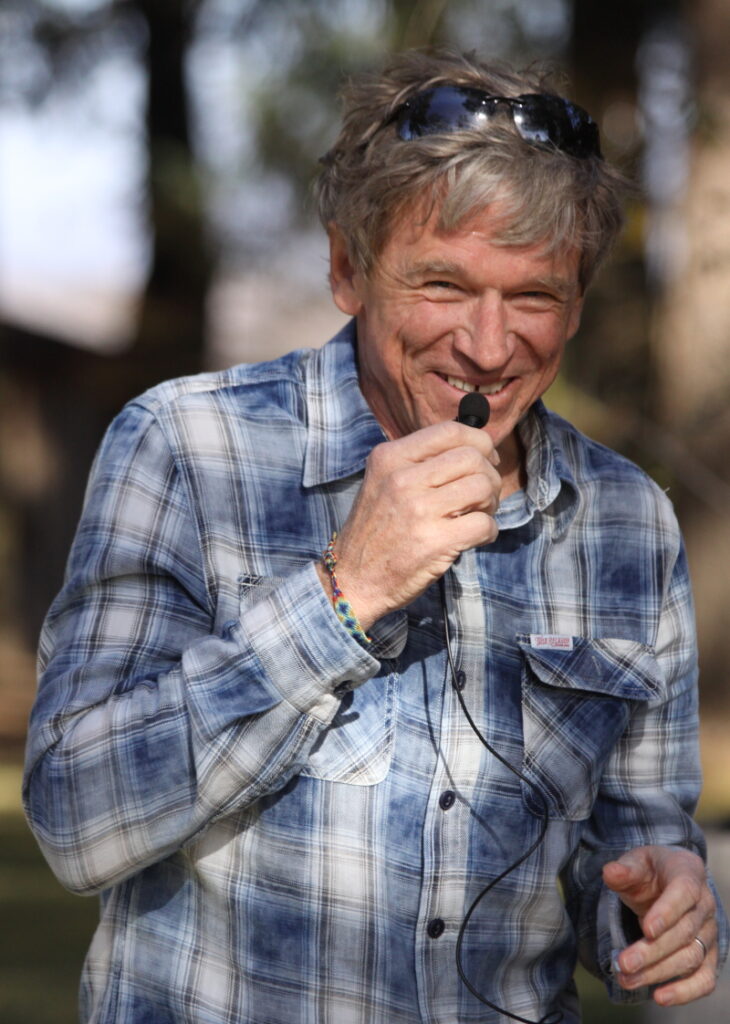Conserve Your Land
How to conserve your land
An effective way for landowners to conserve property while continuing to own and to occupy the land is to create a conservation easement. A conservation easement is a voluntary legal agreement between a landowner and Mendocino Land Trust which restricts the use of a particular property in order to protect its conservation values.
Conservation easements can be used to achieve a wide range of conservation purposes, including open space preservation, agricultural preservation, and natural resource protection. The conservation easement is recorded in the form of a grant deed and is binding on successive owners of the property in perpetuity—in other words, it is forever.
A conservation easement is an adaptable tool, and it may be tailored for each property based on the common preservation goals of the landowner and the holder of the easement. For example, conservation easements may prohibit development over scenic landscapes; prohibit non-agricultural uses over agricultural land; restrict timber harvests to sustainable levels over forest land; or require that land be kept “forever wild” over natural areas.
To find out more, please use the form below or call the MLT office at (707) 962 – 0470.
Check out this brief video to learn what conservation easements are, how they work, and how they can benefit you and make a lasting difference!
Some landowners want their land to be conserved, but because they are not in a position to donate it, they consider selling it. In order for Mendocino Land Trust to purchase your land, we would need to research and secure funding from a variety of sources, which takes time. Sources might include local, state or federal government funding, private entities and grassroots campaigns. Landowners sometimes offer to sell for less than fair market value, which is called a “bargain sale.” A bargain sale might make it easier to receive funding, and might also provide charitable deduction opportunities.
To find out more, please use the form below or call the MLT office at (707) 962 – 0470.
Donate your land by will and remain on your land
If you want to own and control your land during your lifetime, but assure its protection after your death, you can donate by will. If you are interested in donating your land, please contact Mendocino Land Trust and make sure we are able to receive the gift.
Donate your land with a Reserved Life Estate and remain on your land
You may donate your property subject to a reserved life estate, meaning that you can continue to live on the donated property during your lifetime.
In this arrangement, you donate the property during your lifetime, but continue to live on and use the property. When you die (or sooner if you choose), Mendocino Land Trust gains full title and control over the property.
This arrangement may be done by will. If you are interested in donating your land, please contact Mendocino Land Trust and make sure we are able to receive the gift.
Donate Your Land for Conservation
Donating land for conservation is one of the finest legacies a person can leave to future generations. If you choose to donate your land, we can work with you to identify the best arrangement.
We might retain ownership of the property as a permanent preserve or transfer the property to a suitable new owner, such as a government entity for an addition to an existing park or preserve.
In other cases, we might sell the land to a private owner, subject to a conservation easement held by Mendocino Land Trust (proceeds from such a sale could fund the Land Trust’s long-term management of the conservation easement and/or help it to protect even more land). The full market value of land donated to a nonprofit land trust is tax-deductible as a charitable gift.
A property owner may donate a property that might not have significant conservation value, with the specific intent that the land trust sell it and use the proceeds for the land trust’s conservation programs. Such a property might be a commercial or residential property. The donation can be outright or devised through a will. These are often called “trade lands.” Trade land donations often have significant tax benefits, but landowners should always consult their own tax counsel for advice.
Donating land may be the best conservation strategy for you, if you do not wish to pass the land to your heirs, or if you no longer use the property. It might also be a good strategy if your property has highly appreciated in value and you wish to reduce tax burdens, or simply if you would like to be relieved of the responsibility to care for and manage the land.
To find out more, please use the form below or call the MLT office at (707) 962 – 0470.

“My family believes that agriculture is part of our local community – and we want to ensure that it stays that way for generations to come.”
-The late Paul Dolan, owner of Dark Horse Ranch in the Ukiah Valley